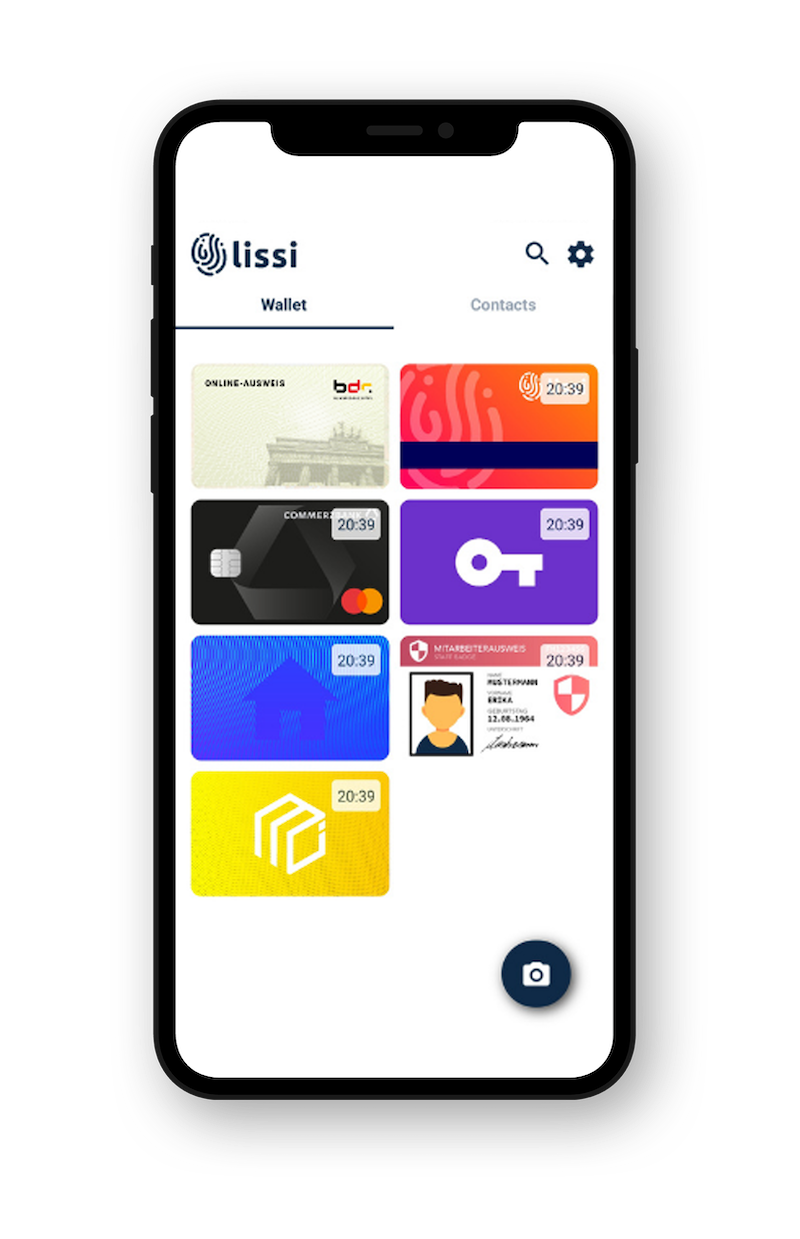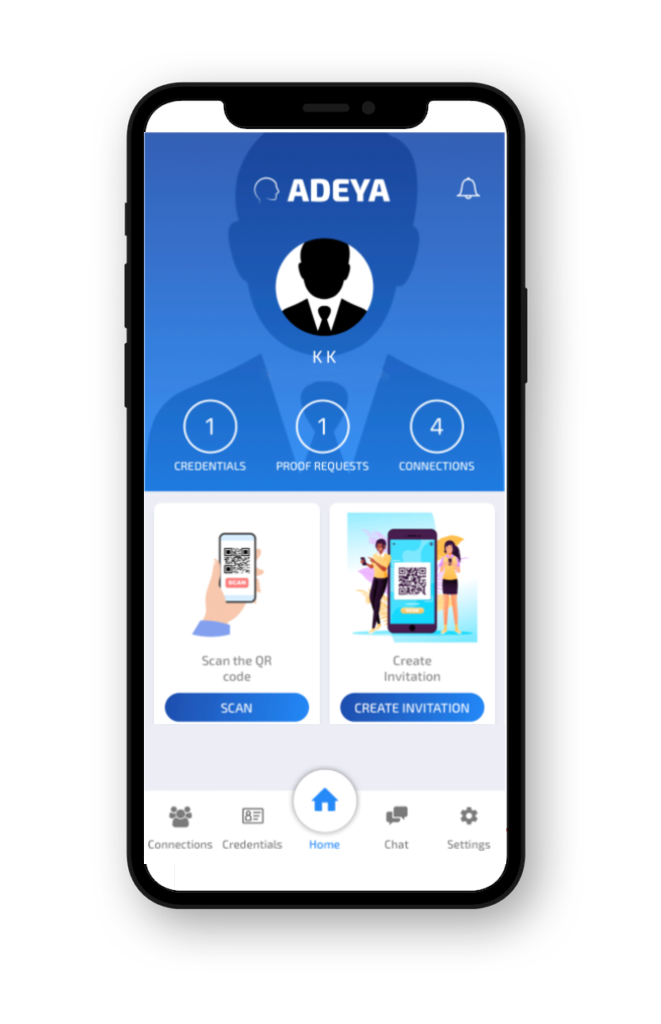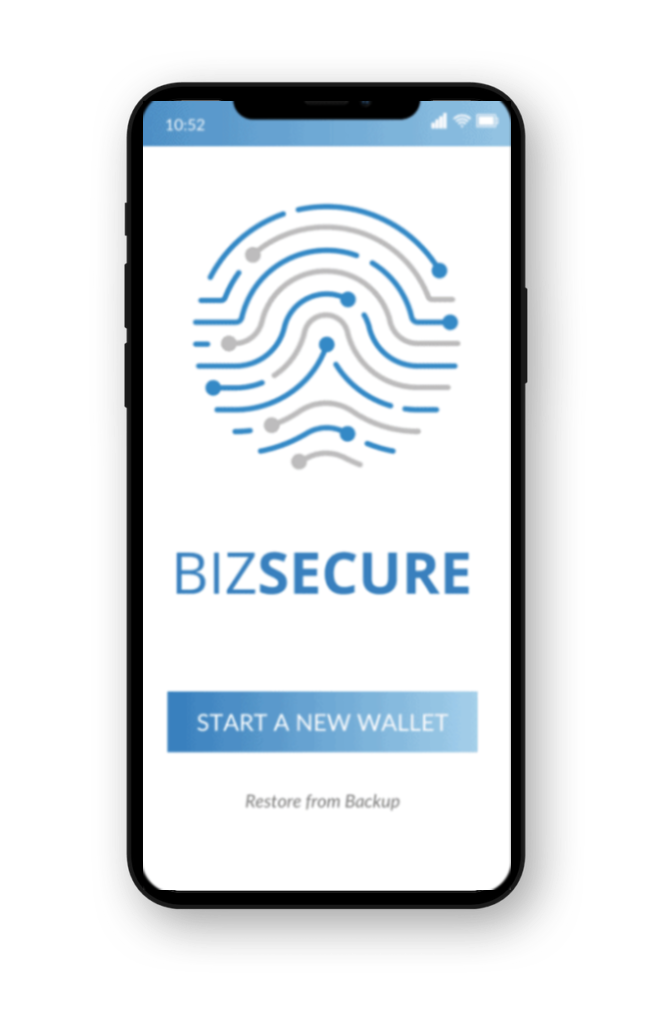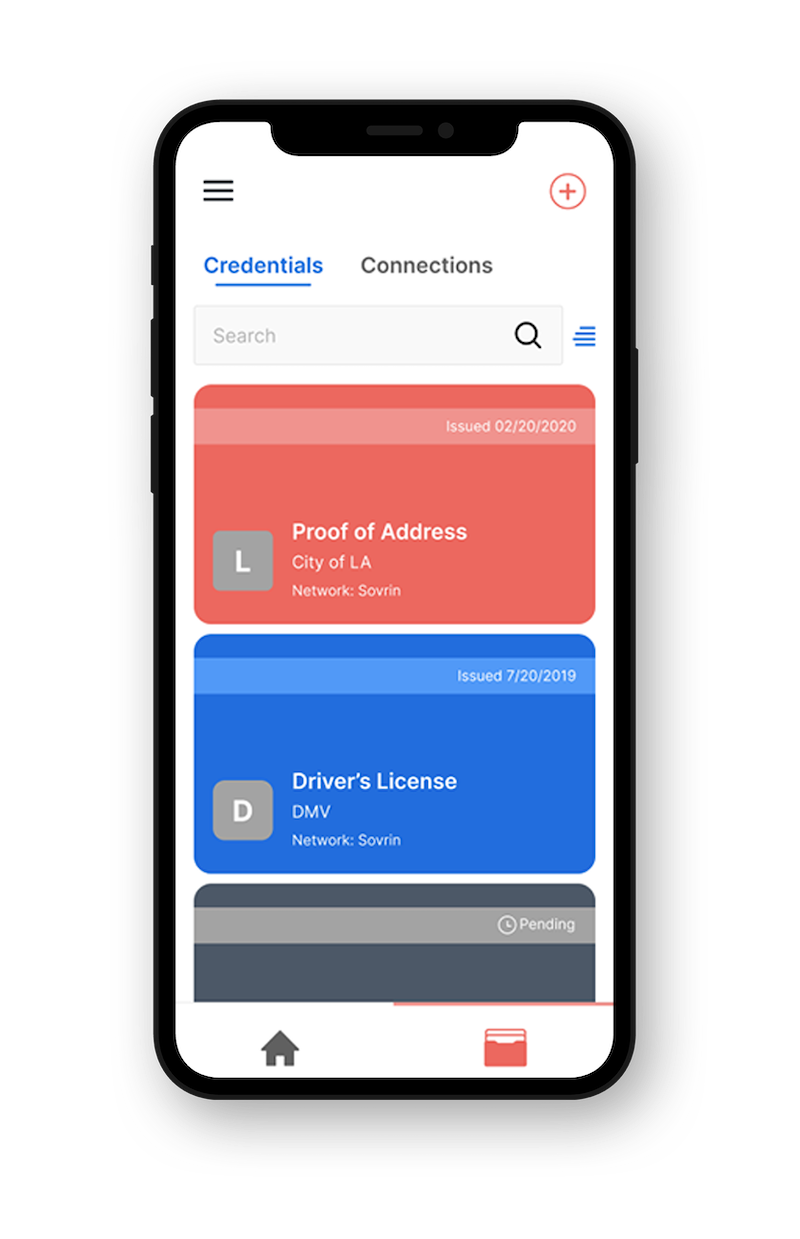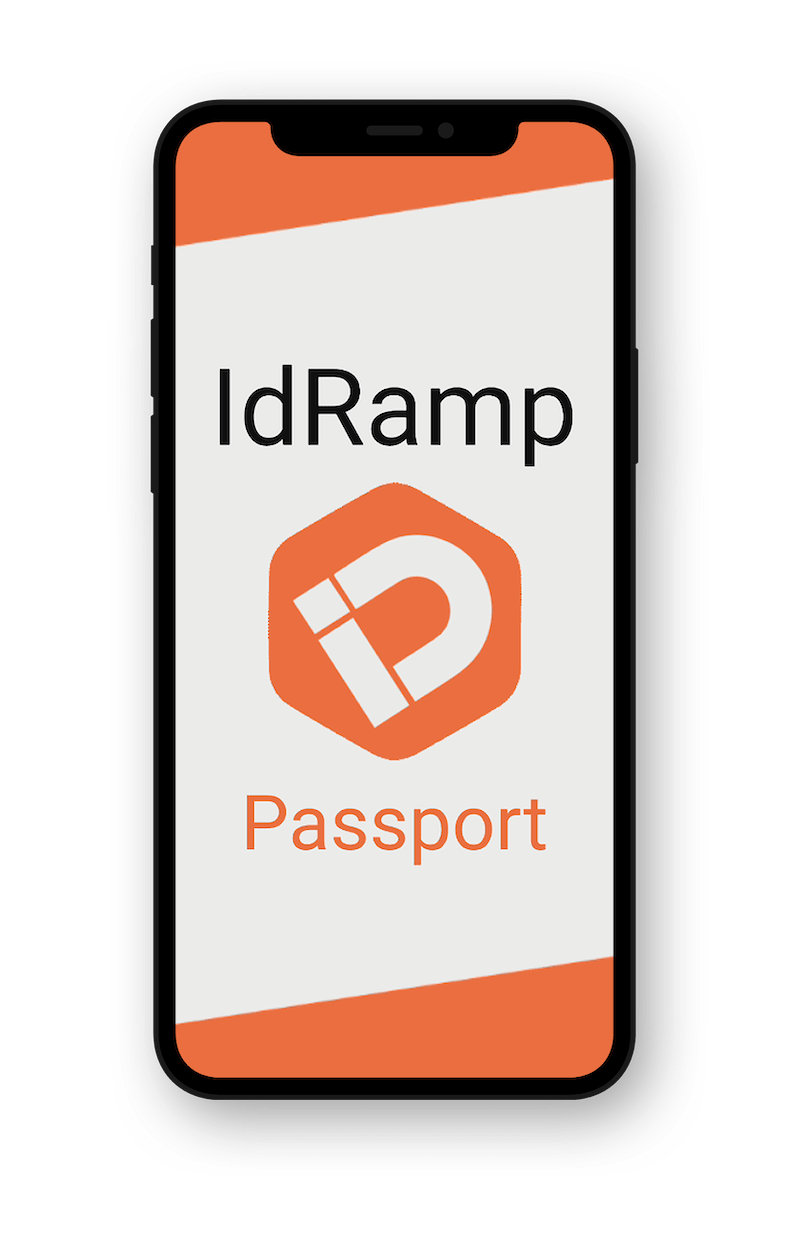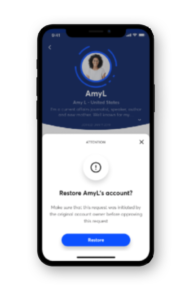Noha Abuaesh, a Bahrain-based computer scientist, has been exploring decentralized identity for the last year, often with assistance from Indicio.tech’s open-source tools and free communications channels. She took a moment to answer some questions about her work and her journey in the decentralized identity space.
(The conversation has been edited for length and clarity)
What’s your background and how did you come to be interested in decentralized identity?
I graduated computer engineering in 2007. My graduation project was in robotics. I worked as a technical writer for a while before I completed a master’s in computer science in 2014. My thesis was on embedded systems. Then, I became a dedicated homemaker until late 2018, when I decided to explore my career possibilities.
I felt like one of the seven sleepers, (who slept for about 300 years to avoid persecution; they appear in both the Quran and Christian tradition —ed.) if you know their story. Because in the insane world of computer science, if you snooze for four years—or even less—it can feel like you have been sleeping for centuries! I really didn’t know where to start. Long story short, I took a couple of professional courses, then a nanodegree on blockchain development. I built some projects on Ethereum and Bitcoin.
But it wasn’t until last year when I came through a LinkedIn post on self-sovereign identity. I was intrigued. So, I started reading about it, took an edX course on self-sovereign identity and Hyperledger technologies. I was blown away with the potential of this field. I knew I wanted to continue there. I thought, if I am to plan for the next five years of my career, I want to be in this area.
What kind of decentralized identity work are you doing now?
I am now building my first SSI wallet using Hyperledger Indy, experimenting with what can be done with it and exploring its possible use cases. It is command line-based, just a proof-of-concept kind of a thing. I can work on the interface later (or maybe never). There are many cool general-purpose SSI wallets out there with pretty cool user interfaces.
What are your goals in exploring decentralized identity?
Anyone who learns about decentralized technology knows the enormous potential it has in many different applications. Decentralized identity will touch the lives of billions of people in the future. It promises to be the magic wand to a lot of the problems many people are living with now. Who doesn’t want to be part of that? I am looking to be a field expert in this area, inshallah. I am really hoping I can do something with it for the good of humanity.
What Indicio resources have you used in your explorations?
I used Indicio’s TestNet. They have a strong support system. They also have documentation with very clear steps for what to do and what to expect when you run your software development kit. I couldn’t find that anywhere else. I made use of that and other articles as well. At some point, I left a note on their website, not really expecting anything. I was surprised to find their response in my mailbox a couple of days later. They offered a FREE 30-minute session to answer my questions!
What have been your challenges or obstacles to overcome?
Installing the Indy SDK on Windows was challenging for me. Either because it is the very first thing I faced when I decided to work on this, or because it really is a cumbersome process. Nevertheless, I got that working at the end, thank God.
The community is relatively small. At first, my questions didn’t seem to get any attention when I posted them in the public help group. When you compare that with other developer communities that, sometimes, answer your questions within an hour or two, well — it was disappointing. It is really tough when you are new to something and you don’t know where to go for assistance. However, Indicio’s engineering team, I have to say, are doing a great job serving the community in this area.
Another challenge I faced was outdated documentation. It took me some time to get some of the information together. Also, some features are not very well-documented. At times, I had to refer to Jira threads to know what is going on. I am so glad they are keeping these public!
What’s next for you as the field continues to accelerate?
Well, to be honest, I really am not sure what my next step will be. But I am certain that the future holds good things both for me, and for decentralized identity.
* * *
Ready to begin your decentralized identity journey? Look no further than the Indicio TestNet, which provides an independent and reliable decentralized network for the exchange of verifiable credentials. Beyond the technology, Indicio also can provide concierge-level support and training to make your journey a successful one.

